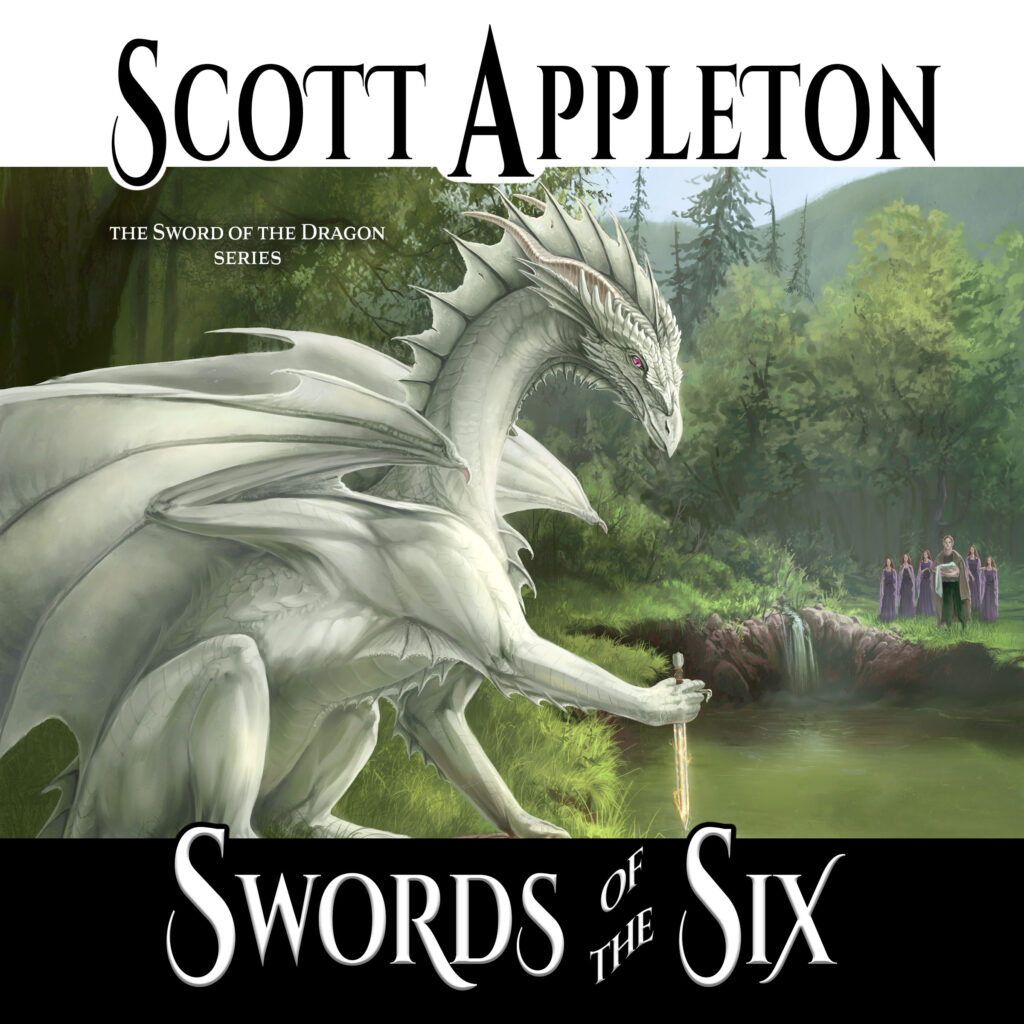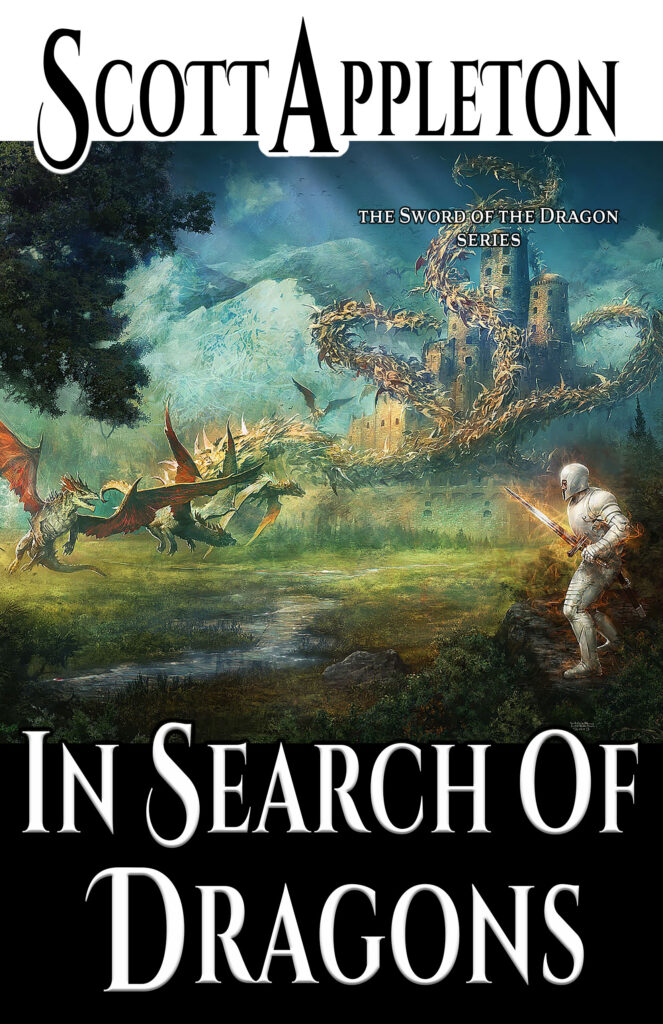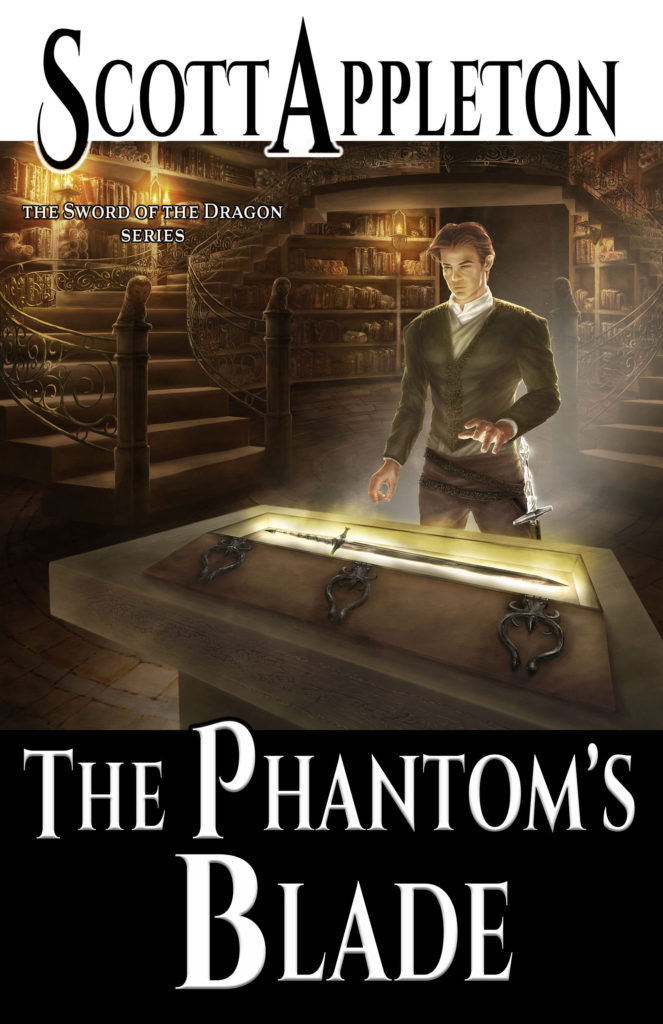As an author of fantasy fiction, I have often been challenged on some of the things that I choose to write about. Well-meaning readers and concerned parents want to know how I handle violence and romance in the stories. These are fair questions, but might they be handled better by first asking another? Do we censor the Bible for young readers?
I read the Bible cover to cover when I was ten-years-old. It was an eye-opening experience and mind-boggling as well. It was full of good and evil and made me aware of things that were, quite frankly, taboo to young conservative Christian homeschoolers. Do we censor the Bible for young readers in the same way that we do other books, or is a double standard being applied?
Unfortunately the majority of conservative youths will first be educated on sex, romance, violence, betrayal, and many other things when they move out from their parents’ protection… by the secular culture.
Such was the case with me. My first interactions with people in various work environments exposed me to cursing, violence, drug addicts, and promiscuity. Fortunately for me I had already read a lot about these things when I had read the Bible cover to cover. I read about incest, murder, war, cursing, and many other things that corrupt and destroy our world. As a result I was not surprised by them, even though it was a harsh reality to face. Coming into contact with these things in person was far different than simply reading about it.
I made friends with people who were destroying their own lives with drugs and such, and to this day I still think of some of those people fondly but sadly. I was never one to do things just because someone said to. When I wanted to learn about a subject that my parents hadn’t discussed with me openly, I would turn to the encyclopedias and the dictionaries and start researching from there. Later in life the internet played a big part in that as well.
The Bible is not a “sail bright and easy” book. It details horrible deeds. But it also tells the truth of other things that are quite wonderful and often avoided by concerned parents. Some people will disagree, but I believe that it is clear that the Song of Solomon is clearly an erotic tale of a real couple’s experiences.
This brings forward the question: should we censor what is being read by our youths? I do not have a full grasp of this, but I do believe it is folly to let the world answer these questions that our children will raise. An acquaintance of mine once put it very aptly: he would rather that his daughter saw something on a movie that she was watching with him, and that he could then discuss it with her then and there, than that she should see it elsewhere and have someone else interpret it for her. Others who do not have our youths’ best interests at heart are all too willing to teach them, filling in the gaps as it were.
I do not believe that we need to censor the Bible, well probably most any other book as well. But we do need to ground them in a consistent Christian worldview if we want them to make good choices. This is an enormous task but a fascinating one to consider.
When I am writing my fantasy stories, I am looking to create a world that the readers can be absorbed in. I don’t want something that is so watered down that it loses its realism. I do not want to state that something is wrong in the story, instead I want to show the reader. After all, when you live it through the characters’ eyes, the consequences become evident and the choices that they made become clearly good or evil.
Q: Should we censor parts of the Bible for young readers?





Recent Comments